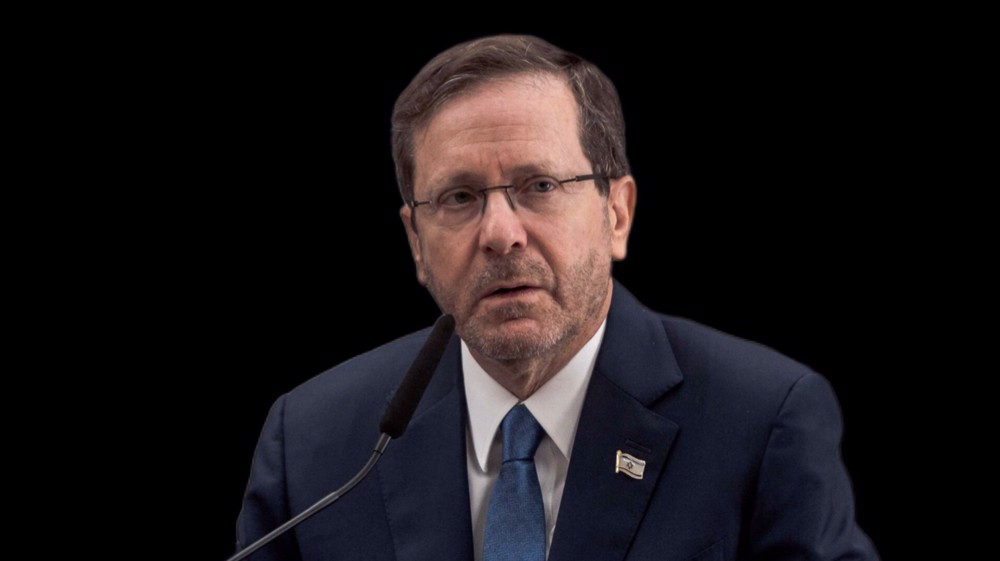Israel PM snubs calls for early polls
Israeli Prime Minister Benjamin Netanyahu has rejected calls for early elections as “irresponsible,” although pressure from his coalition partners could bring down his government and make the polls inevitable.
In a televised address from Tel Aviv on Sunday, he urged his coalition partners to show “responsibility” at a time that Tel Aviv was “facing security challenges.” Israel’s “security is above political consideration,” he alleged.
"We will defeat our enemies and I do not minimize the challenges that are facing us," the premier noted.
Earlier in the day, a meeting between Netanyahu and Finance Minister Moshe Kahlon aimed at resolving a coalition crisis ended "without results" and they will meet again this week, Kahlon's spokesman said. "The meeting between the finance minister and the prime minister ended without results," the spokesman said in a statement. "The two agreed to meet later in the week."
Netanyahu's crisis further deepened after the Palestinian resistance movement Hamas, which rules the Tel Aviv-blockaded territory of the Gaza Strip, started to return the Israeli military’s back-to-back incursions with rocket fires against the city of Ashkelon in southern Israel.
The group has warned the regime against testing the limits of its retaliatory capacity, threatening to hit Tel Aviv next.
What prompted the crisis?
On Wednesday, Israeli Minister for Military Affairs Avigdor Lieberman resigned over a ceasefire deal with Gaza.
Lieberman's withdrawal along with his Yisrael Beitenu party depleted the government’s parliamentary majority to a one-seat edge in the 120-seat legislature.
Netanyahu now holds Lieberman’s portfolio, but Education Minister Naftali Bennett’s far-right Jewish Home party has threatened to withdraw from the coalition if he was not given the post.

On Saturday, Bennett, whose party has eight seats, told Israeli television that Lieberman had "collapsed the government." "There is no more government and we are heading towards elections," he said.
Also on Saturday, Finance Minister Moshe Kahlon said he did not think it was possible to continue with the existing coalition.
"If [Netanyahu] pulls a rabbit out of his hat, we'll see," said Kahlon, whose center-right Kulanu party holds 10 seats. "Meanwhile, I don't see a rabbit or a hat," he added.
Formal elections are not due until November 2019.
Netanyahu separately faces a credibility crisis among Israelis, who have been holding weekly protests for months on end, calling for his resignation over four high-profile cases of fraud.
Rights groups in Australia call on authorities to arrest Israeli president
FIFA must strip US of 2026 World Cup hosting rights over Trump’s hawkish policies: Analyst
Iran Army slams EU’s blacklisting of IRGC as ‘shameful’, ‘irresponsible’
Iran considers armies of EU states as ‘terrorist organizations’: Security chief
Sharif University scholars condemn US foreign policy as illegal, destabilizing
Pezeshkian says Iran seeks no war, vows 'decisive' response to any attack
Iran ready for both war and dialogue, ‘will not accept dictation’: FM Araghchi
Trump warns UK against enhancing China ties as PM Starmer hails reset













 This makes it easy to access the Press TV website
This makes it easy to access the Press TV website